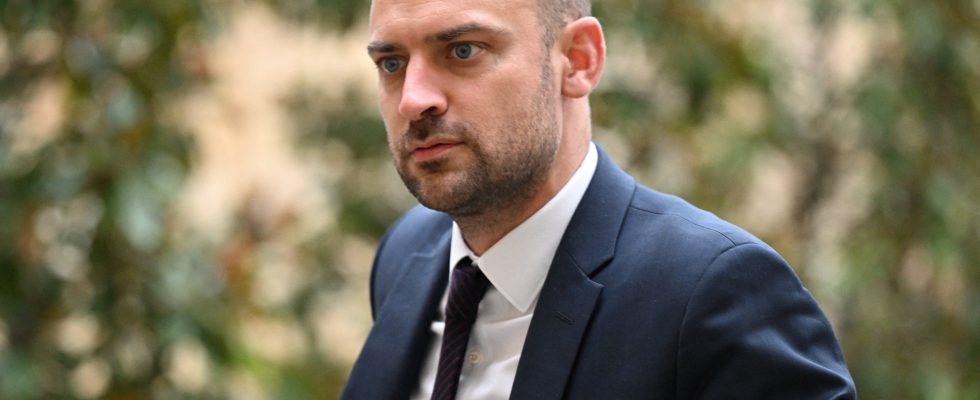Block ChatGPT artificial intelligence to protect users’ personal data, as Italy does? Not in France, decided the Minister of Digital Transition Thursday, April 6. It would be a “bad answer”, estimated Jean-Noël Barrot in an interview with The galleryarguing instead to “frame the development of AI in the direction we want”.
On March 31, the Italian National Data Protection Authority took the radical and immediate decision to ban the use of the chatbot within its digital borders, for breaching the legislation on users’ personal data. A first in Europe, which opens the door to similar procedures in its neighbors. The robot violates, according to the country, the European regulations supposed to protect Internet users, in the first place because it does not check if the latter are of legal age, which could expose “minors to answers absolutely non-compliant with their level of development”. But also because it does not sufficiently inform its users about the massive collection of their data. ChatGPT will nevertheless remain accessible through a VPN.
Pending the conclusions of the National Ethics Committee
The ministry is still looking into the question, deemed “subtle and interesting” by Jean-Noël Barrot. The National Ethics Committee was seized in particular, in order to determine the risks that the OpenAI tool could present, which in a few months “burst into our daily lives”. Its conclusions should be made in a few months. Already in 2021, the supervisory authority had issued several recommendations regarding conversational robots in general, pointing out in particular the dangers of wanting to humanize them too much.
At least two complaints relating to the use of personal data have already been filed in France against ChatGPT with the Cnil, one of which comes from the association for raising awareness of digital issues Janus International. The minister already believes that ChatGPT probably does not comply with the General Data Protection Regulation. But according to him, regulation is better than prohibition. This would amount to “framing innovation so that it complies with the principles to which we are attached”, he continues in the pages of The gallery.
ChatGPT promises to evolve
In February, the minister had already expressed himself on this subject, being rather critical of this technology for many revolutionary. “It is a fascinating tool, but at this stage it is only an approximate parrot, which sometimes restores a little clumsily the astronomical sums of information that it has compiled on the Internet”, he had judged.
After issuing its ban, Italy gave OpenAI twenty days to comply with EU law. On Thursday April 6, the American company replied that it was committed to “strengthening transparency in the use of personal data and guarantees for minors”. Expected efforts, which will be judged very soon by Italy and by the European Union, whose legislators are currently debating a regulation devoted to the very controversial question of the regulation of artificial intelligence.
